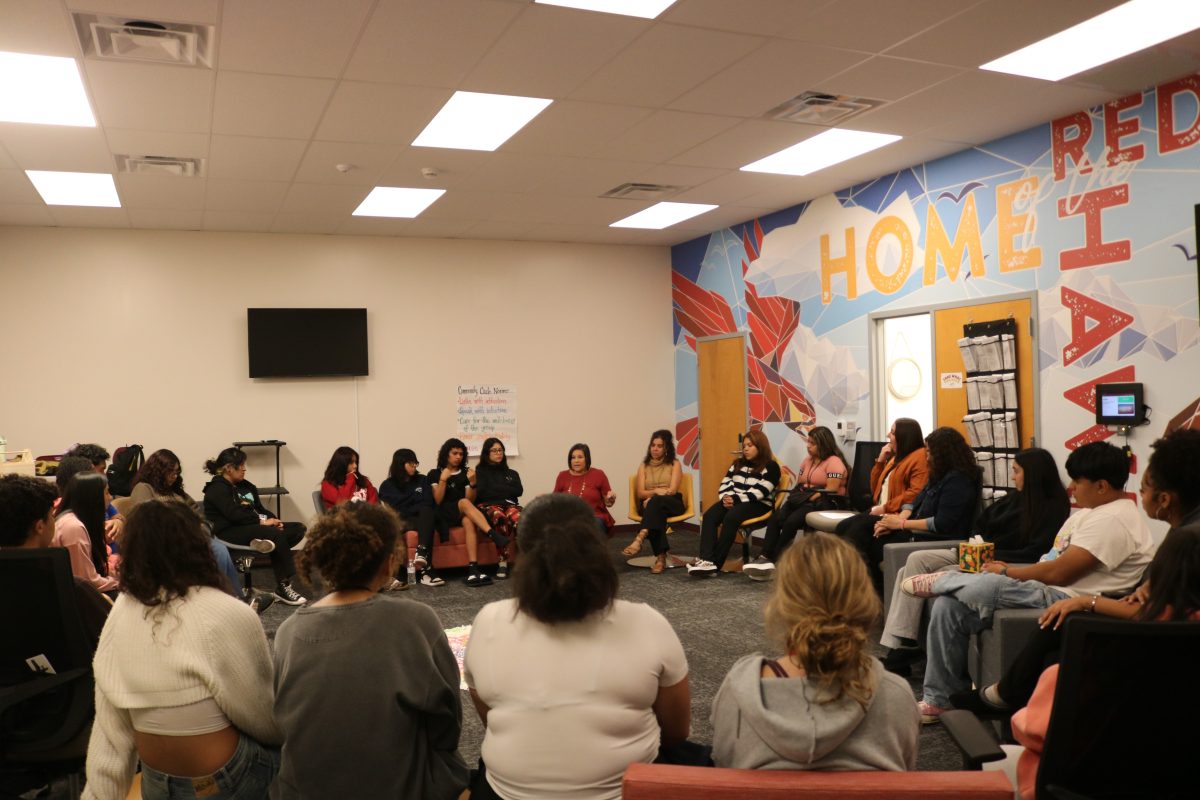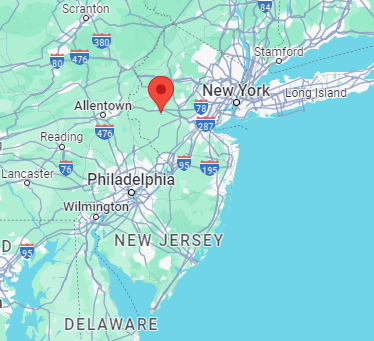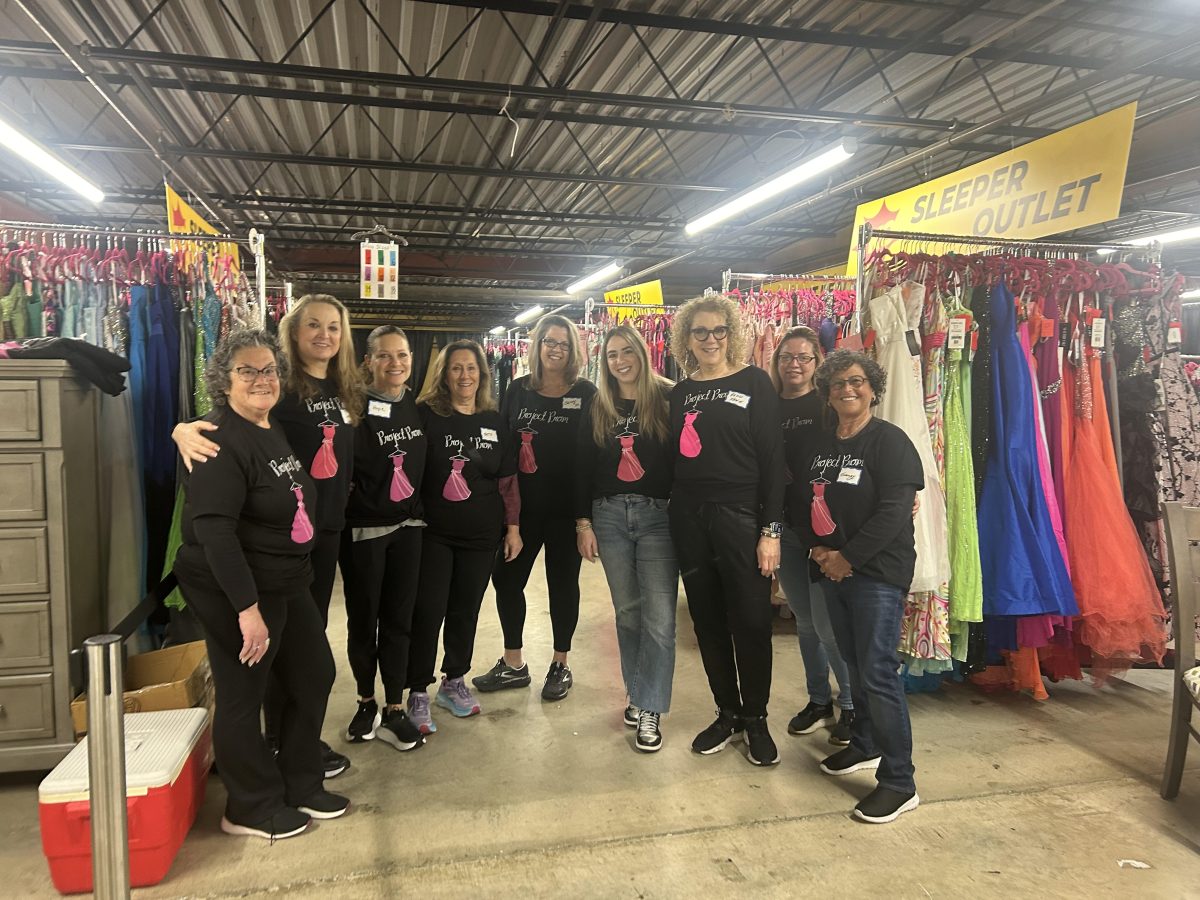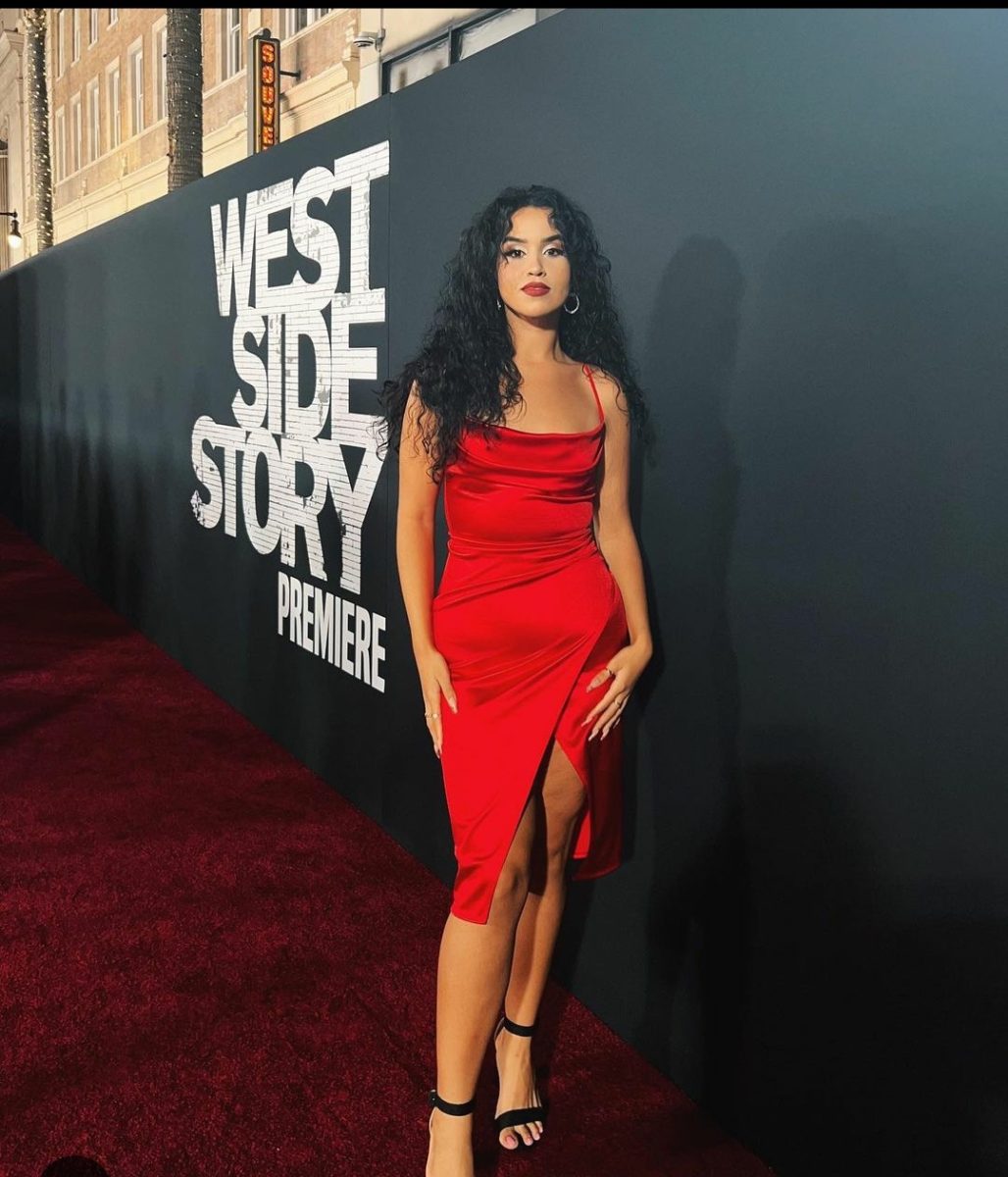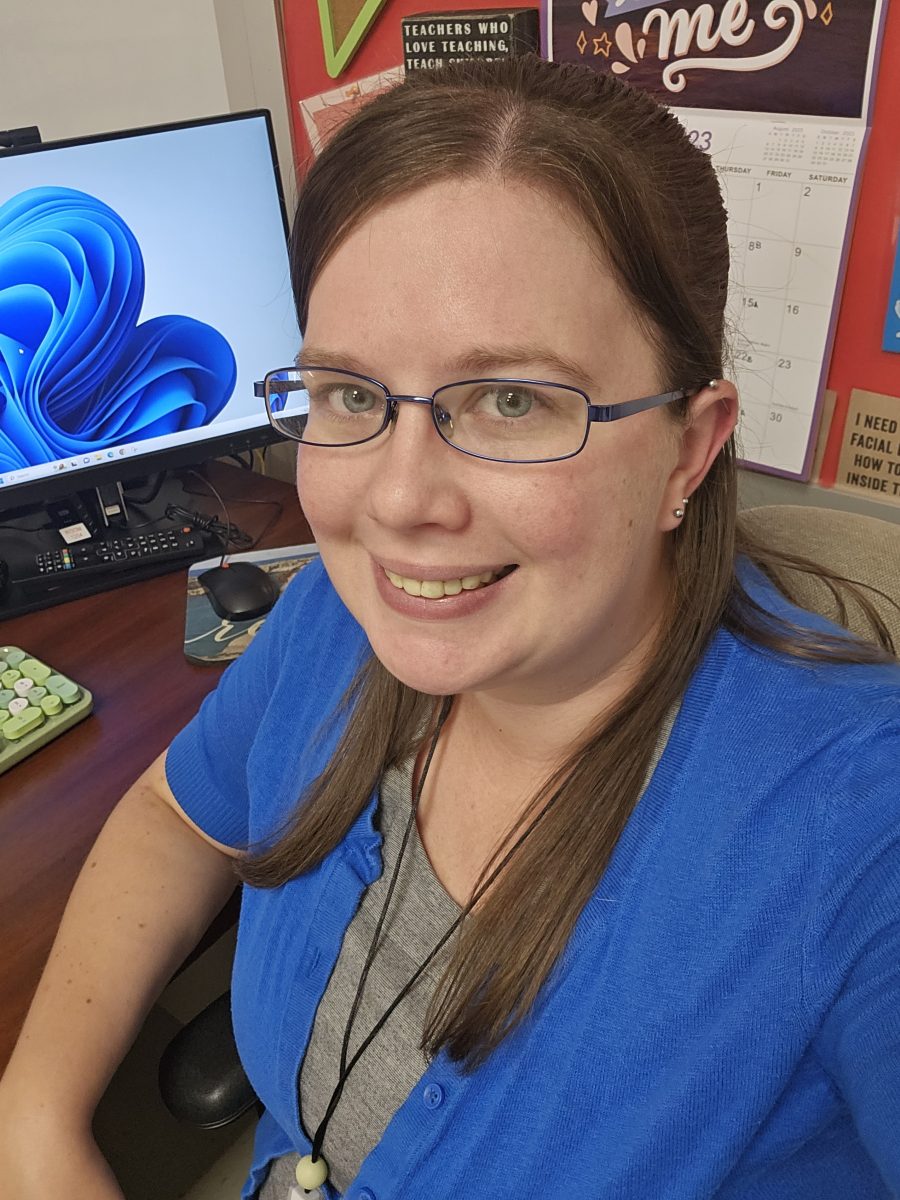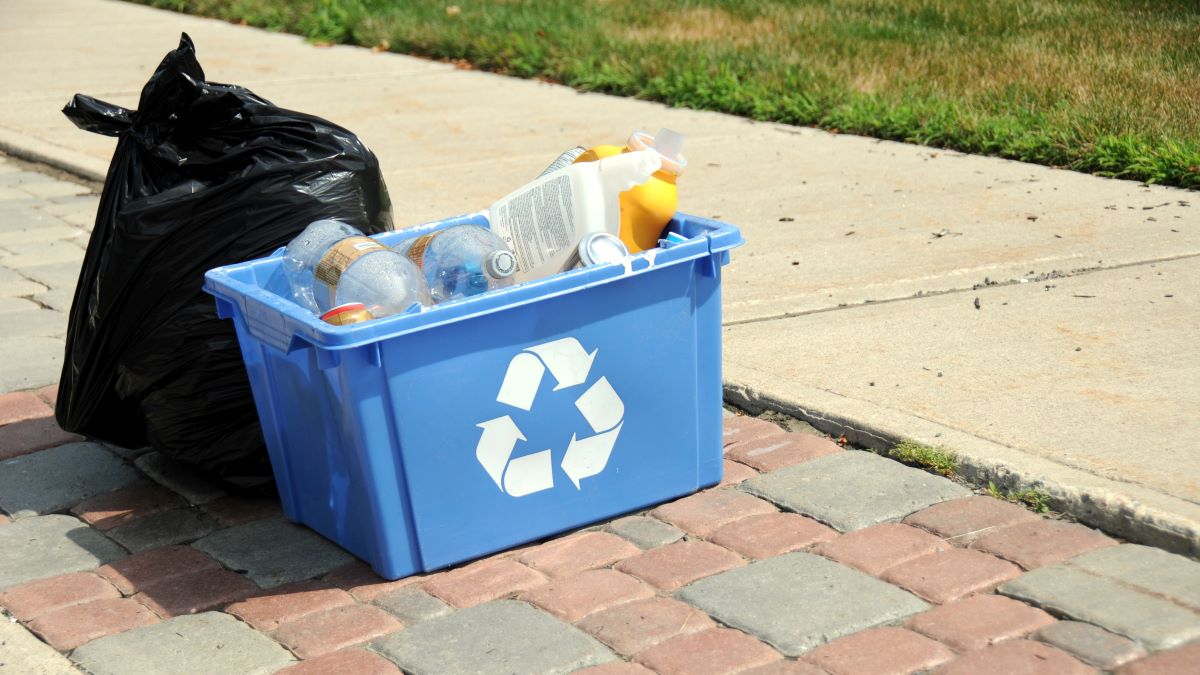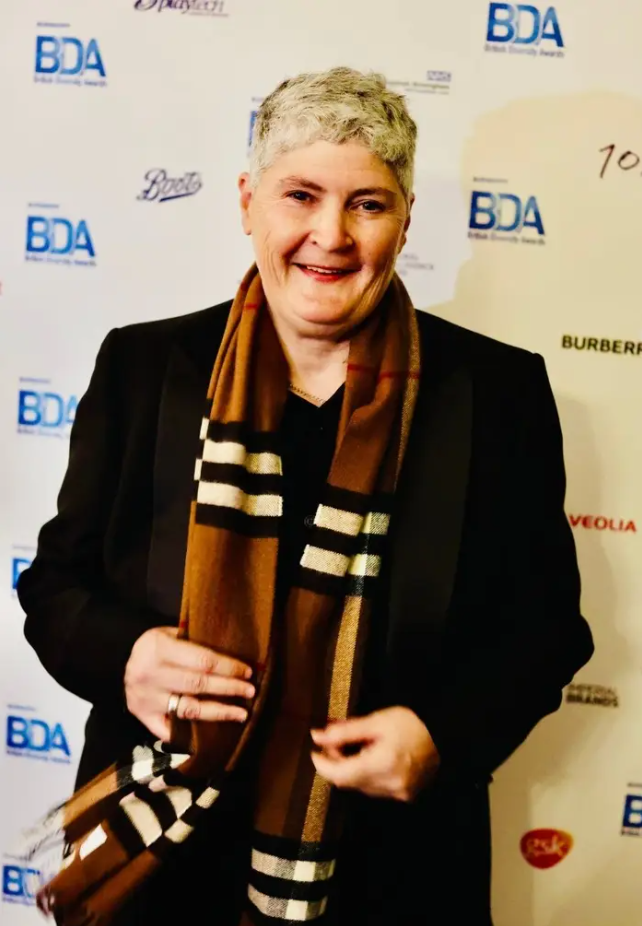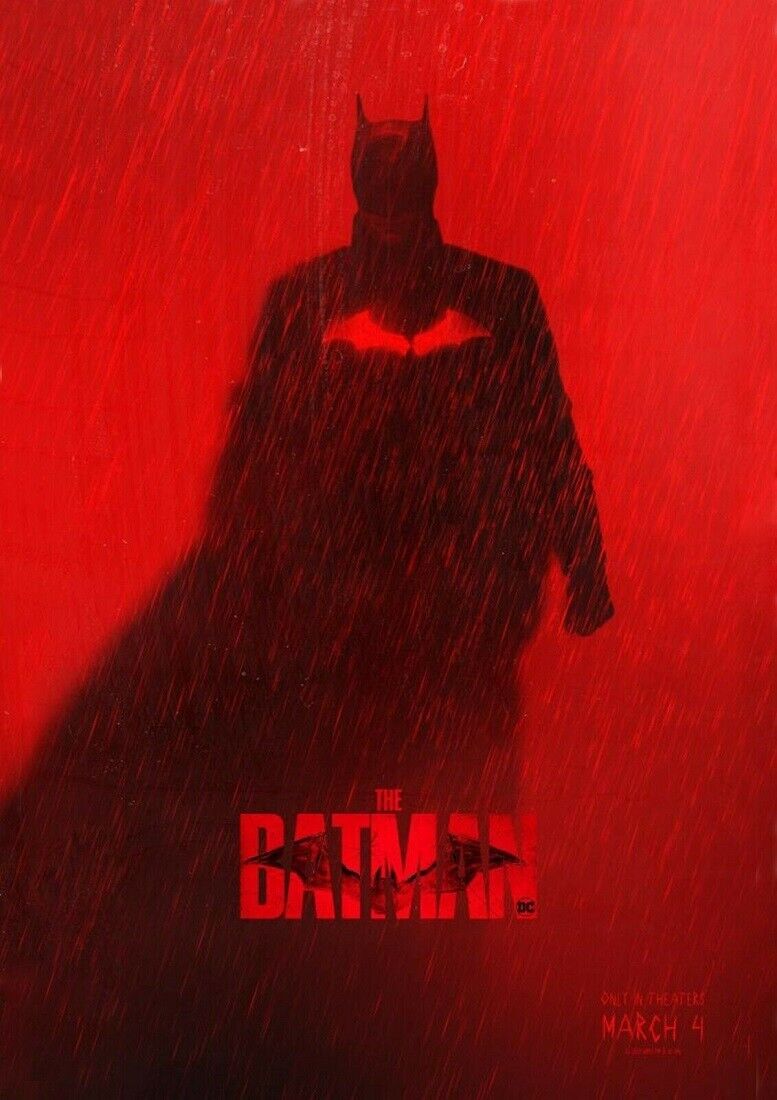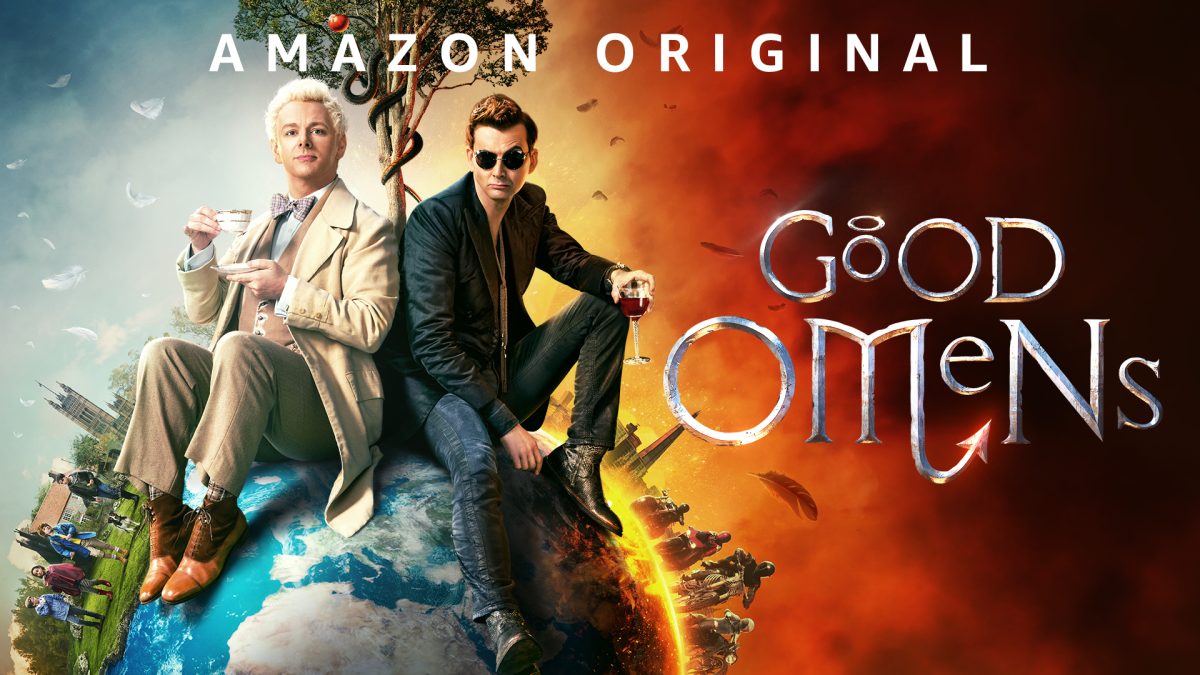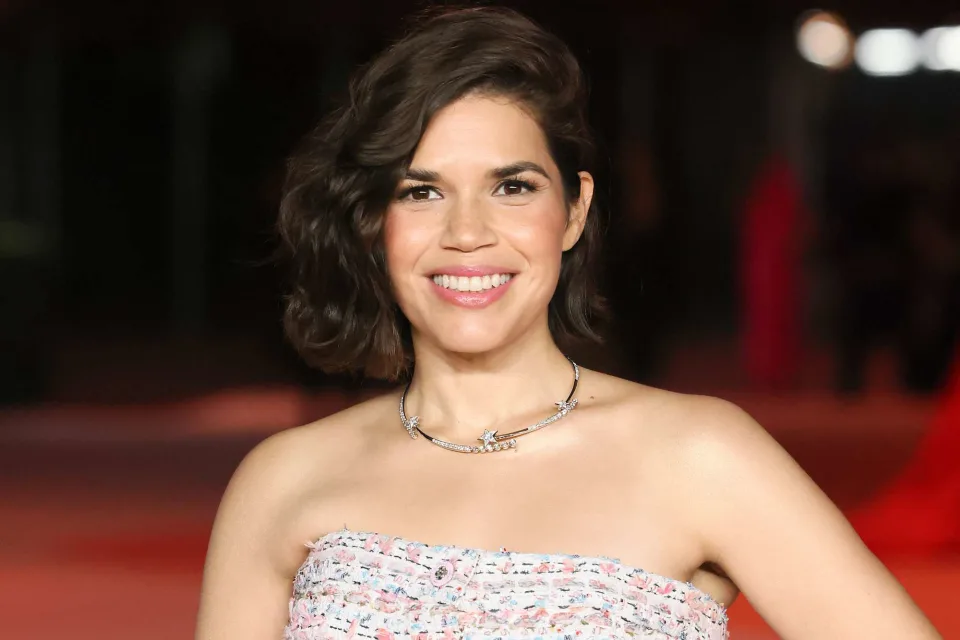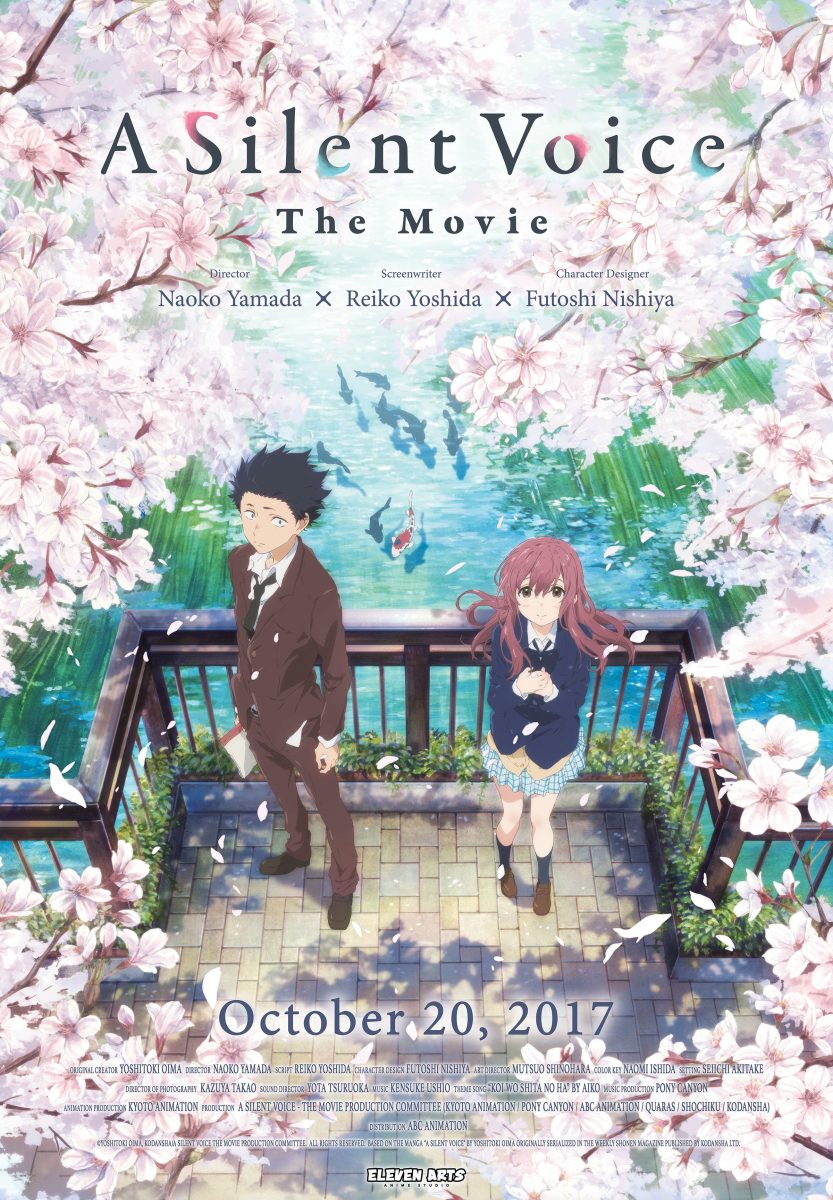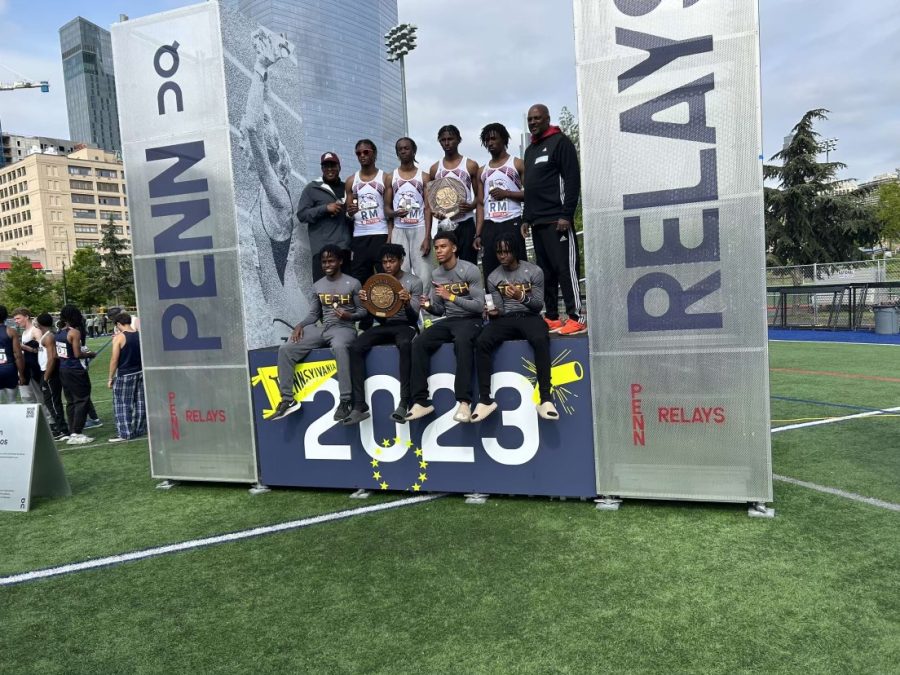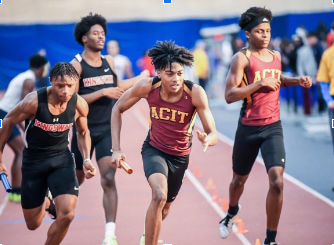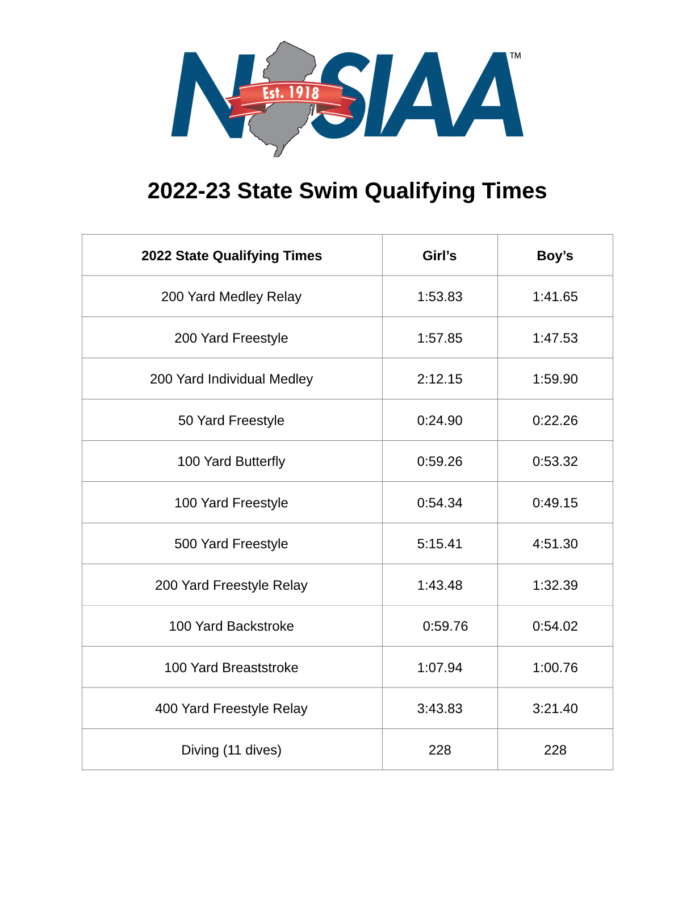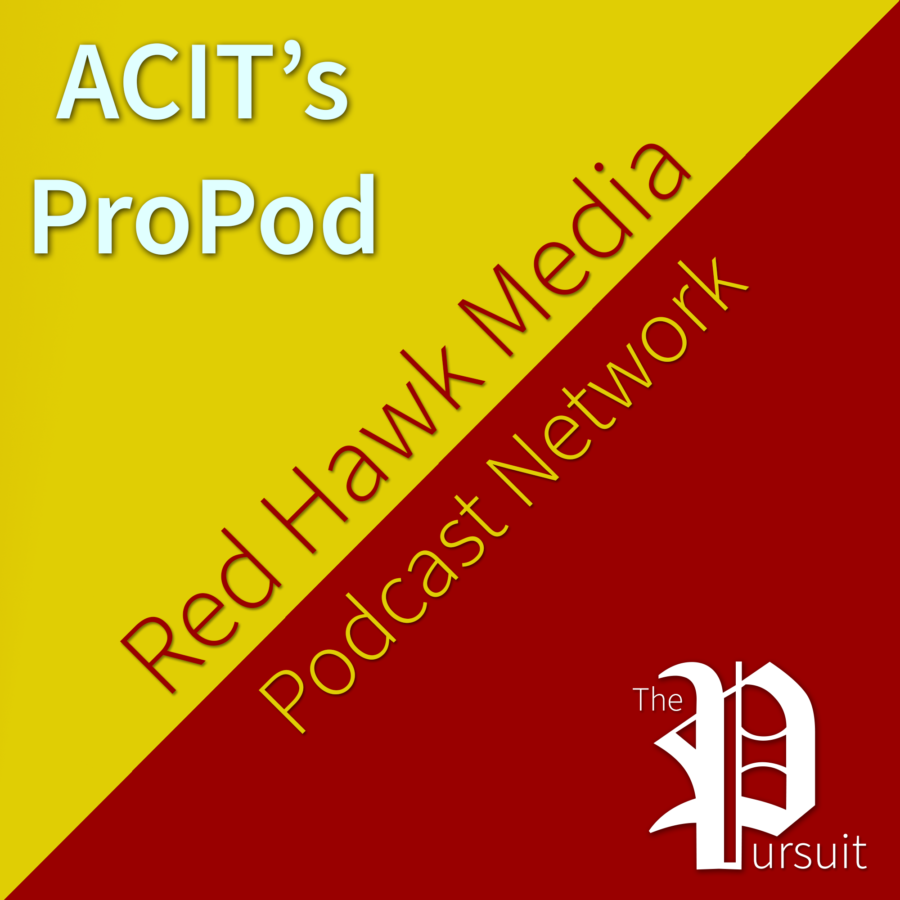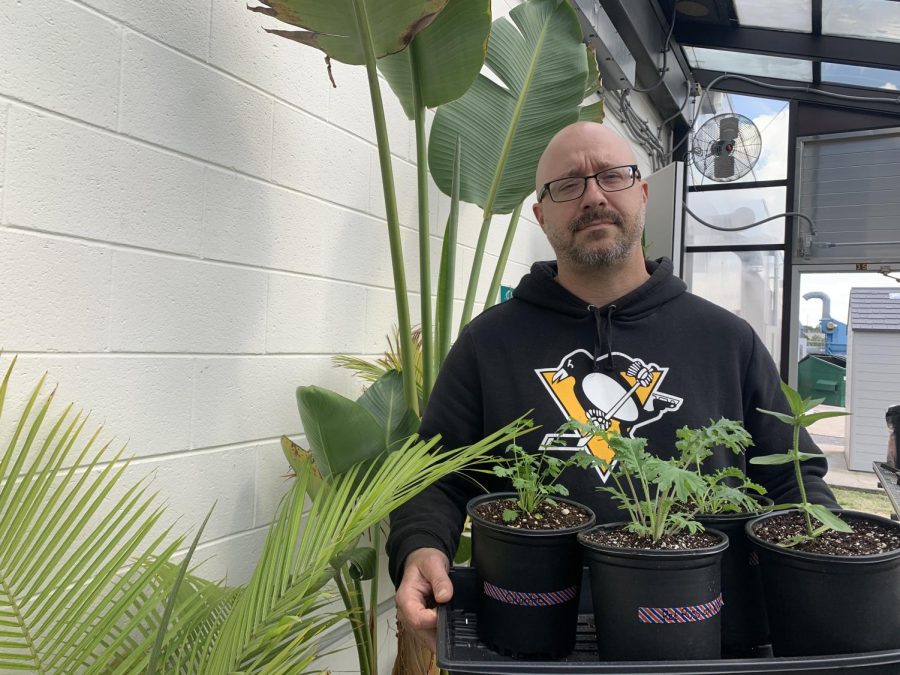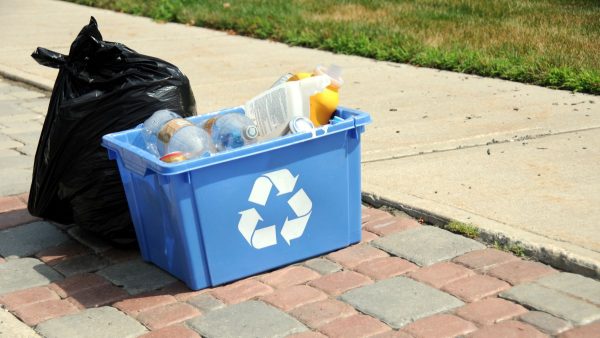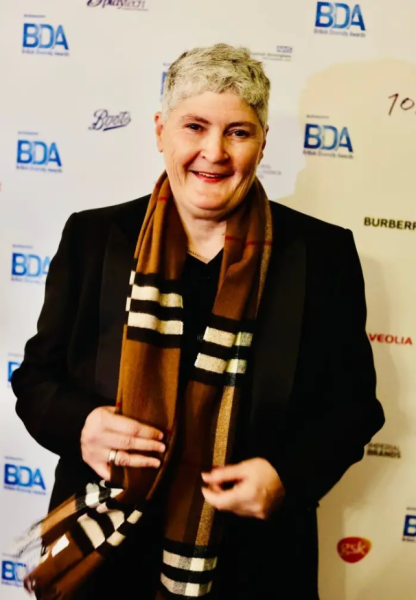Plants, Phish and Post-Punk Music
Teacher Feature: Mr. Michael Firda, Teacher of Science
Mr. Firda standing with a variety of plants inside of ACIT’s greenhouse.
Two things that sum up Mr. Michael Firda, teacher of biology and environmental science, would be his great personality and his admirable passion for plants. Sitting down to interview Mr. Firda allowed me to understand why most students really enjoy his class. Mr. Firda has been teaching at ACIT for about 9 years, and many say that he provides an environment that allows students to strive for the better. He’s a very understanding teacher and also takes into consideration how his students might be experiencing challenges outside the classroom. Throughout this interview, Mr. Firda talks about many of his interests and also highlights much of what students can expect in his class.
Where did you go to college, and what did you study there?
I went to the University of Pittsburgh, I also did community college outside of Pittsburgh. At community college I really didn’t know what I wanted to do, I thought I might want to be a teacher. I thought I might want to study science because I liked studying science in high school, but community college at the time near me only offered basics and I took all the basics there, including a biology class which led me to the University of Pittsburgh where I graduated from and I studied biology, geology, and film studies.
How long have you been teaching here at ACIT?
This is my 9th year–my 10th year teaching total. It’s a second career for me.
What subjects of science do you teach now and what made you want to teach them?
I was teaching anatomy and physiology, which was fine because I had a previous career where I worked with anatomy and physiology in a lab setting before I became a teacher…Recently I’ve mostly been teaching just biology. This year I have environmental science and next year I think I’ll have environmental science, botany, and biology.
In your botany class will you be allowing students to grow and work with their own plants?
That’s the whole point of it I think, yeah, absolutely.
Is dissecting plants something students will be doing in your class?
Yeah, of course you have to, you gotta take a plant apart to understand how the parts work together. I did that in environmental science this year. We sprouted bean plants just to take them apart. If I do get to teach botany next year then that’s what we’re doing on the first day of school. Everybody is going to put a bean in between two pieces of paper towel, put them in a ziploc bag and we’ll tape them to the window. When they sprout we’ll take them apart and label all the parts. Then you guys will be able to become more familiar with what’s growing when we actually grow some things.
What fascinates you most about plants and working with them?
I think it’s just the same as anything else, especially plants that can give you something back. Not all the plants you raise are going to give you something back that’s like extrinsic value, it’s all going to be intrinsic. Those plants give me joy because they’re prettier and nice to look at. The plants in the garden that give me something back to eat or something back to smell, whatever I think brings me the most joy.
What would you say are your favorite plants to take care of?
You know it’s gonna seem silly ‘cause there are so many beautiful succulents and things like that, but I really like growing tomatoes in the summer. I’ve gotten fairly good at it, same thing with hot peppers. I like to cook. I’m vegan, so growing vegetables for myself to eat which is my main source of food is really important. So when I have fresh tomatoes and fresh peppers and I make salsa for the first time in the summer there’s not really much [that says] I’m happier. So I guess I would say my garden outside, anything that I can grow, that I can eat.
Since it’s spring, is there any advice you have for people who want to start gardening?
Well I mean if you’re gonna plant seeds and try to start stuff up I’d start now. And there’s a lot of things that you can grow outside right now. People don’t realize that there’s early spring crops that you can put in the ground now that are going to be very successful, like the kale plants that we have in the greenhouse. Kids can take those home and actually get started right away. Read the packages. Some seeds want to be soaked before you plant them, not for a long time but maybe for about 6 or 12 hours. Read the packages, there’s a lot of good information on there. Ask questions if you have any people who can help you. Yeah that’s really it. Get started though ‘cause it’s time.
What are some of your hobbies?
I play a sport called disc golf a lot. It’s not frisbee golf, which I think it gets its name [from], but they’re discs, they are a little bit smaller, heavier, and it’s played more. If you can put golf in the woods and make hiking part of golf and throwing discs at the same time, that’s what I do… I travel a lot. I see a lot of music live–it’s a big hobby of mine. I’ve been seeing one particular band a few times a year, every year since 1994… Other than that, I am a father, besides being a teacher, and that’s my–I guess you can say–my biggest hobby. I also keep a lot of plants. I have an indoor garden at home, a lot of plants, you know house plants and things like that.
What type of music are you into?
I like everything from, how do I put this, there was a change in rock n roll in the 70s. After the New York Dolls started becoming popular, New York started getting this dirty sound that was almost like punk music, but wasn’t there yet. I kinda like how David Bowie started getting into that as well. I really like that sound that was out then. Now, as an adult, I still listen to a lot of that kinda punk music or post punk music, but I also really like the Grateful Dead and Phish a lot.
